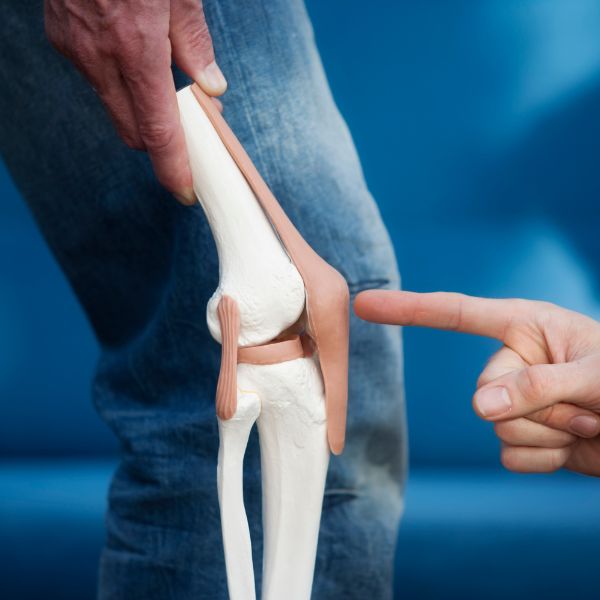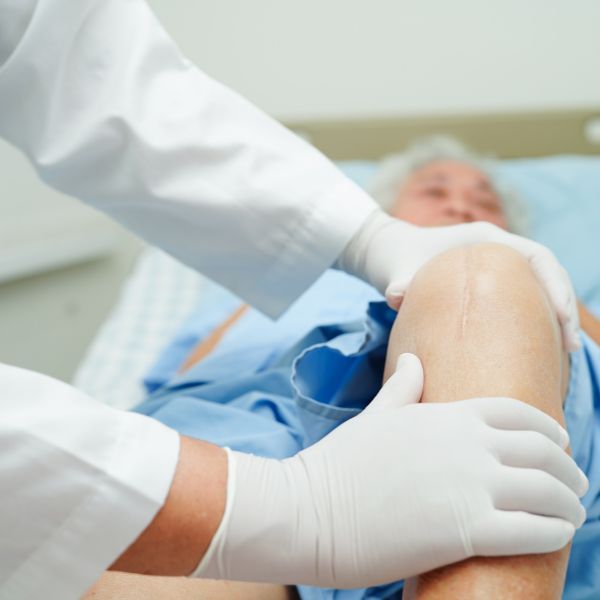
Sports Injuries: Causes, Treatment, and Prevention
Whether you’re a weekend warrior, a competitive athlete, or just love staying active, sports injuries

Partial knee replacement, also known as unicondylar knee replacement, is a minimally invasive surgical procedure designed to relieve pain and restore function in patients with damage limited to one compartment of the knee joint. This approach is particularly beneficial for individuals suffering from osteoarthritis or knee injuries affecting only one side of the knee.
In a partial knee replacement, only the damaged portion of the knee is replaced with a prosthetic implant, preserving the healthy bone and cartilage in the unaffected areas. This technique allows for a less invasive procedure compared to total knee replacement, resulting in several advantages for the patient.
Candidates for partial knee replacement typically exhibit:

The partial knee replacement procedure generally includes the following steps:
The surgery typically lasts about 1 to 2 hours and may be performed on an outpatient basis, allowing for quicker recovery and a return home.
Recovery after partial knee replacement is generally faster than after total knee replacement. Patients can expect:

I currently practice at Medanta Hospital, Lucknow, where I’m the Director of the Institute of Musculoskeletal Disorders and Orthopaedics.
My expertise covers Partial and Total Knee Replacement Surgery, Hip Replacement Surgery, Revision Surgeries, as well as Spinal Decompression & Fixation. To date, I’ve performed over 1500 joint replacement surgeries and more than 5000 orthopaedic surgeries.
Don’t let pain hold you back.
Yes, a partial knee replacement is considered a major surgical procedure. It involves the removal of damaged bone and cartilage from one compartment of the knee and the implantation of a prosthetic component. While it is less invasive than total knee replacement, it still requires anesthesia, surgical intervention, and a recovery period. Most patients will stay in the hospital for a short time post-surgery, depending on their overall health and recovery progress.
The success rate of partial knee replacement is generally high, with studies showing success rates of 90% or more. Many patients experience significant pain relief, improved function, and a return to normal activities following the procedure. However, the long-term success can depend on factors such as the patient's age, activity level, and adherence to post-operative care and rehabilitation.
Recovery from partial knee replacement typically takes about 3 to 6 months. Most patients can begin walking with assistance within 1 to 2 days post-surgery and start physical therapy shortly after. While many notice significant improvements in pain and mobility within a few weeks, full recovery, including a return to more strenuous activities, may take several months.

Whether you’re a weekend warrior, a competitive athlete, or just love staying active, sports injuries



Dr. Saif Nabi Shah is an exceptional orthopedic surgeon. He is highly skilled, knowledgeable, and compassionate. I recently visited him for a consultation regarding a long-standing knee issue, and I was impressed by his thorough approach. He took the time to listen carefully to my concerns, performed a detailed examination, and explained the diagnosis and treatment options clearly.
Connect with Dr. Saif Nabi Shah today!